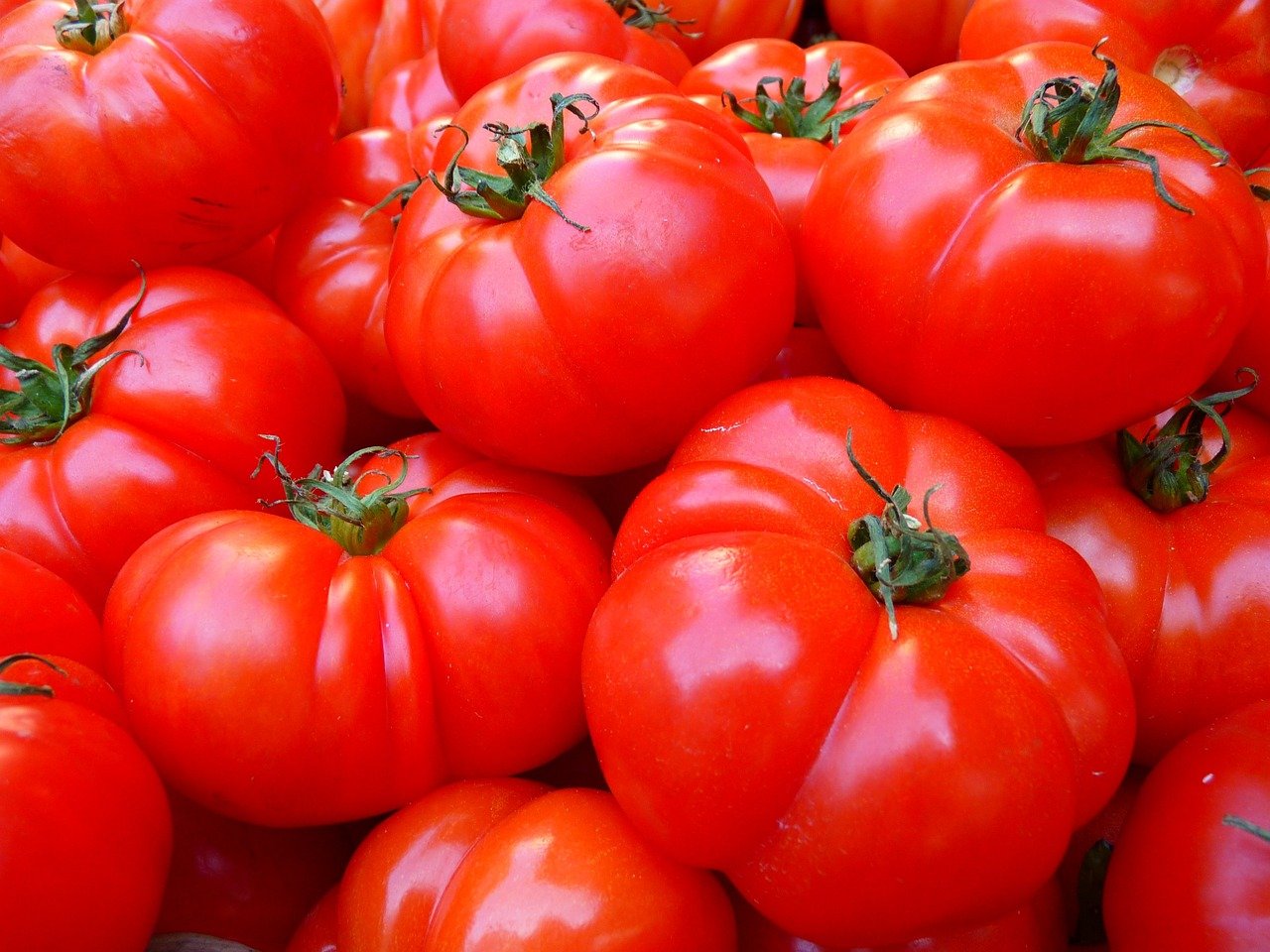“`html
Protein is often hailed as the cornerstone of a healthy diet, particularly for those engaged in active lifestyles or seeking to improve their overall wellness. Understanding protein intake is essential for everyone—from athletes aiming for peak performance to individuals simply looking to maintain their health. In this post, we will delve into the significance of protein, explore how much you need, examine the sources available, and provide actionable tips to optimize your protein intake.
What is Protein and Why is it Important?
Protein is one of the three macronutrients—alongside carbohydrates and fats—that are essential for human health. Comprised of amino acids, proteins serve myriad functions in the body.
Functions of Protein
- Muscle Repair and Growth: Proteins help repair tissues and build muscles, making them crucial for athletes.
- Enzymatic Reactions: Many enzymes are proteins that facilitate biochemical reactions in the body.
- Hormone Production: Hormones like insulin and growth hormone are protein-based, playing vital roles in regulating body functions.
- Immune Function: Antibodies, which are proteins, help defend against pathogens.
How Much Protein Do You Need?
Determining your protein needs can vary based on several factors including age, sex, physical activity level, and health objectives. Here’s a breakdown of general recommendations:
Recommended Dietary Allowances
- Adults: 46 grams per day for women and 56 grams for men.
- Active Individuals: 1.2 to 2.0 grams per kilogram of body weight, depending on exercise intensity.
- Older Adults: Increased protein intake (1.2 to 1.5 grams per kilogram) is recommended to preserve muscle mass.
Calculating Your Protein Needs
- Determine your body weight in kilograms.
- Multiply this figure by the recommended grams of protein for your activity level.
- For example, a 70 kg active adult may need between 84 to 140 grams of protein daily (1.2 to 2.0 grams per kg).
Sources of Protein
Protein can be obtained from both animal and plant sources, and a balanced diet should include a variety of these foods. Here are some examples:
Animal-Based Protein Sources
- Lean Meats: Chicken breast, turkey, and lean cuts of beef.
- Fish: Salmon, tuna, and trout are excellent sources of protein and omega-3 fatty acids.
- Dairy Products: Greek yogurt, milk, and cheese provide high-quality protein along with calcium.
Plant-Based Protein Sources
- Legumes: Lentils, chickpeas, and beans are rich in protein and fiber.
- Nuts and Seeds: Almonds, sunflower seeds, and chia seeds offer both protein and healthy fats.
- Whole Grains: Quinoa and brown rice provide protein along with essential nutrients.
Tips for Optimizing Your Protein Intake
Strategically incorporating protein into your diet can enhance your health and help you achieve your fitness goals. Here are some practical tips:
Meal Planning
- Include a protein source in every meal and snack to meet your daily goals.
- Opt for a balanced breakfast like a protein smoothie with Greek yogurt and fruits.
- Pack protein-rich snacks such as nuts or hard-boiled eggs for on-the-go nourishment.
Protein Supplements
If you find it challenging to meet your protein needs through food alone, consider protein supplements like:
- Whey Protein: Ideal for post-workout recovery.
- Plant-Based Protein: Suitable for vegans and those with lactose intolerance.
Conclusion
Understanding your protein intake is vital for overall health and wellness. By knowing how much protein you need and the best sources available, you can enhance your diet and support your body’s functions more effectively. Remember to tailor your protein consumption based on your lifestyle and health goals. With proper planning and thoughtful choices, achieving your protein intake goals can be both enjoyable and beneficial.
“`






